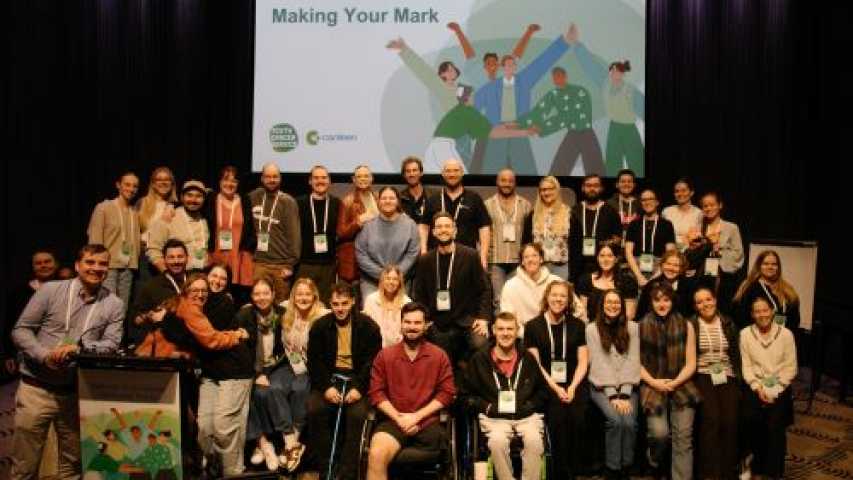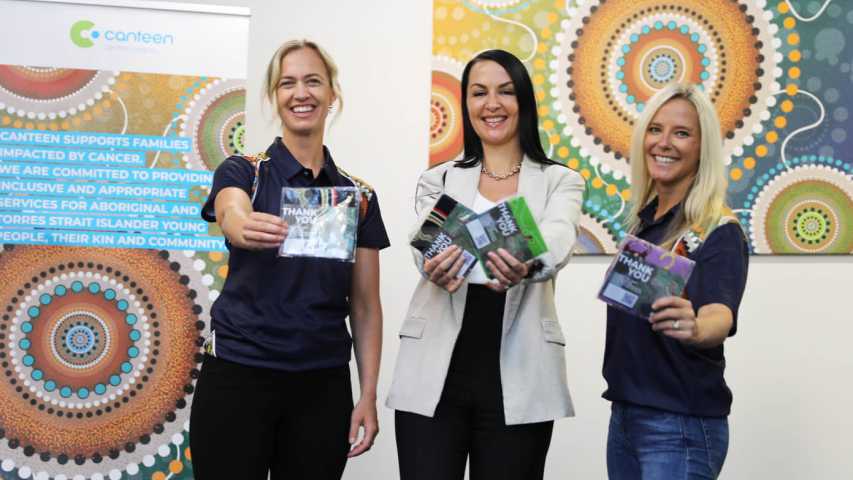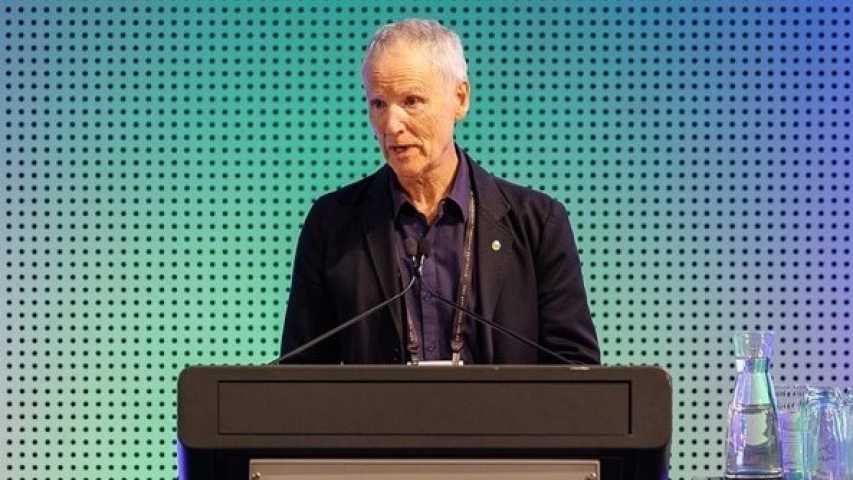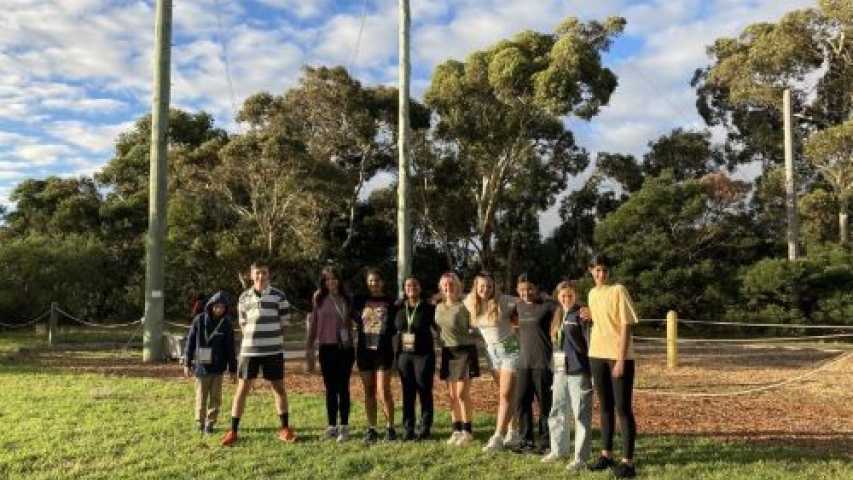Canteen is proud of our work helping adolescents and young adults affected by cancer gain the study and work opportunities they deserve.
Our Education and Career Service (ECS) ensures young people can stay connected during the disruption that comes with a cancer diagnosis and treatment. But we wanted to learn more about what the challenges are for young people when it comes to study, work, and career so we can be even more targeted with our support.
To do this, we looked at literature on existing knowledge. We also surveyed Canteen clients who told us about their personal experiences and perspectives. Additionally, held steering group workshops, where we called on the expertise of those within the Canteen community including Canteen staff, external professionals, a parent, and young people who have had a cancer diagnosis.
Young people with cancer may be prevented from reaching their study and work goals. Often, this is because they need to take time off from school, study, or work. Students undergoing cancer treatment may miss, on average, nine months of school, and it can experience ongoing disruptions to attendance for up to three years.
We asked young people what the impact of cancer had been on their study and work goals. Almost two thirds (65%) said they changed their study goals after their diagnosis. Of these, 86% narrowed their goals because of the physical, cognitive, and emotional aspects of cancer, while 14% said they expanded their goals. When it comes to work, more than half (57%) of those surveyed changed goals because of their cancer diagnosis and treatment. Of these, 12% expanded their goals.
Keeping our young people in the workplace
We know how important being part of the workforce is to young people. It gives purpose, increases social connections, allows financial security, impacts mental and physical health, and helps create a sense of identity.
While we usually see students finishing school after completing cancer treatment, they are often underemployed in the workplace. For instance, they might end up making less money, doing less skilled work, working fewer hours, or working in a career that isn’t quite the right fit.
Certain groups of young people are particularly vulnerable to experiencing disruptions in work and study and are at higher risk of work absences, unemployment, and not returning to work or study full time. These groups include women, those diagnosed at a young age, those with longer and more intense treatments as well as young people with poor physical and mental health.
Building confidence to reach work and study goals
In our research, we found a correlation between higher confidence in reaching goals and greater participation in study and work.
Less than half the survey participants had high confidence that they could achieve their study goals and less than a third had high confidence that they could achieve their work goals. There is likely a combination of participating in work and study that leads to greater confidence, as well as confidence leading to participation.
Identifying the relationship between confidence and participation in work and study is important because less than half of the young people surveyed reported feeling highly confident.
Our research highlights to us that by improving the confidence of young people to achieve their work or study goals, we may be able to improve their participation.
Barriers to achieving work and study goals
Many young people told us internal barriers such as their physical health, treatment side effects and their mental health to be the biggest obstacles to achieving their goals, followed by their skills and abilities.
The most common external barriers to achieving their goals included lack of access to financial support, an unsupportive employer and lack of access to education and career planning services.
Those young people that reported encountering fewer barriers reported higher confidence in achieving goals and then greater levels or participation in work or study.
Importance of colleague and employer response to cancer
Finally, we spoke to members of our steering group, to gain insights based on their own experiences and expertise. They said the way that peers and colleagues respond to young people with cancer can have a huge impact on their sense of place, and greatly affect how they engage in study and work.
The group said it was important to equip both colleagues and peers with understanding about the impact of cancer treatment on young people and provide them with skills to relate in a helpful way. It is also important to help young people themselves cope with any judgement, feelings of disconnect, as well as manage unhelpful reactions from others.
The steering group said support from employers and education providers is also critical. This may involve educating an employer about the impacts of a cancer diagnosis and subsequent treatment. Providing a more friendly work environment for young people with a cancer history is also important. It is hoped that influencing the educators and employers in these ways will ensure young people stay in the work and education option of their choice.
These findings show us at Canteen how critical the ECS service is for those impacted by cancer. The additional information allows us to even better understand the comprehensive challenges that are faced, and highlights what more can be done to support and educate.
























